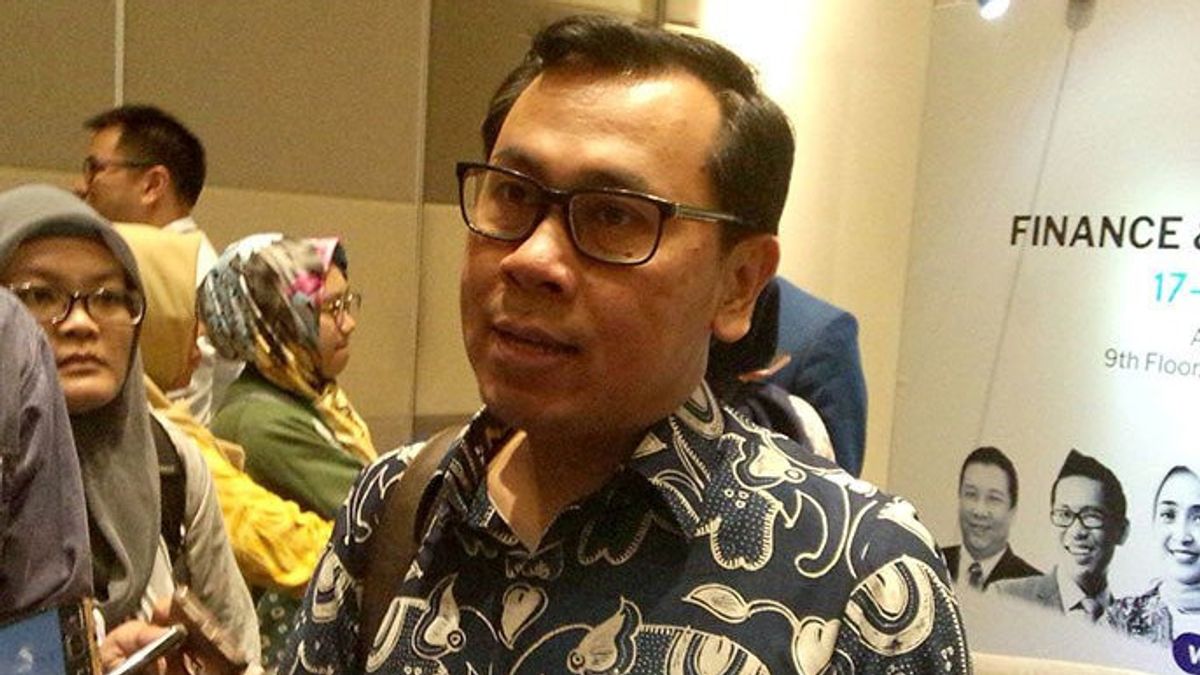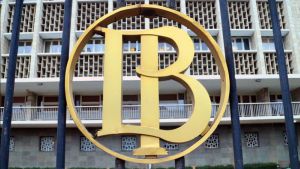JAKARTA - Special Staff to the Minister of Finance for Strategic Communication Yustinus Prastowo answered the Supreme Audit Agency's (BPK) notes on the Central Government Financial Report (LKPP) which stated that the debt vulnerability in 2020 exceeded the IMF recommended limit.
"The chairman of the BPK's statement regarding concerns about the government's ability to pay debts and interest on debt should be appreciated and is in line with the government's commitment to always maintain accountability and governance of state finances, even during this pandemic," he said via his personal Twitter channel @prastow as quoted on Thursday. , June 24.
According to Yustinus, the pandemic has made widening the budget deficit unavoidable. This then has implications for the increasing structure of state financial financing.
"This pandemic is an extraordinary event. Almost all countries face this and take countercyclical policies to maintain the economy and provide stimulus. The implication is that the deficit is widening. But this must be taken for the sake of a greater purpose and interest," he said.
However, Sri Mulyani's subordinates still believe that what the government is doing is still on a safe path.
"In 2020, the government has managed APBN financing with extraordinary policies that keep financing in safe conditions. Even efforts to reduce the cost of debt are carried out in various ways, such as burden sharing with BI, conversion of foreign loans with interest rates close to 0 percent, and lower yields to 5.85 percent," he said.
Yustinus then compared Indonesia's debt structure with several countries based on their respective gross domestic products (GDP).
"In 2020 our debt ratio is 39.39 percent, the Philippines is 48.9 percent, Thailand is 50.4 percent, China is 61.7 percent, South Korea is 48.4 percent, and the US is 131.2 percent," he added.
“With various strategies and policy responses, the Indonesian economy has grown relatively well. In addition, international credit rating agencies also appreciate and maintain Indonesia's rating. Whereas 124 countries experienced a downgrade. Some are asking for debt forgiveness," he explained.
For information, BPK provides three important notes related to Indonesia's debt condition. First, the debt service ratio to revenue of 46.77 percent exceeded the IMF's recommendation of 25-35 percent.
Second, the ratio of interest payments to revenues of 19.06 percent exceeded the IDR recommendation of 4.6-6.8 percent and the IMF's recommendation of 7-10 percent.
And the third is the debt-to-revenue ratio of 369 percent, exceeding the IDR recommendation of 92-167 percent and the IMF's recommendation of 90-150 percent.
To note, in the State Finance Law Number 17 of 2003 and the APBN Law it is stated that the debt ratio is still safe if it is below the 60 percent limit of GDP. Meanwhile, until April 2021 the debt ratio according to Bank Indonesia is under control at 37.9 percent of GDP.
“The government agrees to continue to be vigilant and invites all parties to work together in supporting the management of state financing so that it is prudent, credible, and measurable. In addition, tax reforms to optimize state revenues are also continuously carried out, so that the ability to pay is maintained," concluded Yustinus.
The English, Chinese, Japanese, Arabic, and French versions are automatically generated by the AI. So there may still be inaccuracies in translating, please always see Indonesian as our main language. (system supported by DigitalSiber.id)













